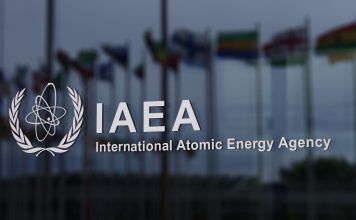Iran’s missile production made headlines on Feb. 13, following a statement by the UK government that the British Royal Navy allegedly seized Iranian surface-to-air missiles produced for the Iran-backed Houthi rebel group in Yemen.
While the Iranian government’s production and proliferation of ballistic missiles has been called a rising threat to global peace and security by some Middle-East analysts, they remain largely unaddressed in international agreements such as the Joint Comprehensive Plan of Action (JCPOA), also known as the 2015 nuclear deal.
Behnam Ben Taleblu, a senior fellow at Washington-based think tank the Foundation for Defence of Democracies, talks to Kayhan Life in this podcast interview about his new study detailing Iran’s ballistic missile program. Published on Feb. 15, the report offers information about the origins of the program, estimates about the number and types of missiles, and argues that the West should address this development without delay.
“There is a certain formula that is crystalizing in the minds of the regime’s political and ultra-hardline security elite at the moment, and it’s a dangerous formula that is more likely to lead to an accidental rather than intentional [war] in the Middle East” Taleblu said during the podcast. “This formula is, the greater the known capability of Iran’s ballistic missiles, the more likely the regime is to use them.”
Discussing missiles held by the Iranian government today Taleblu said, “These are the most powerful weapons in [the government’s] broad arsenal of unmanned aerial threats.”
On the upcoming removal of restrictions on the regime’s missile production in October by the United Nations Security Council, Taleblu said, “To remove the aerospace industry organization whose logo is stamped on a whole host of precision strike short-range ballistic missiles, as well as space and satellite launch vehicles, is simply absurd.”











